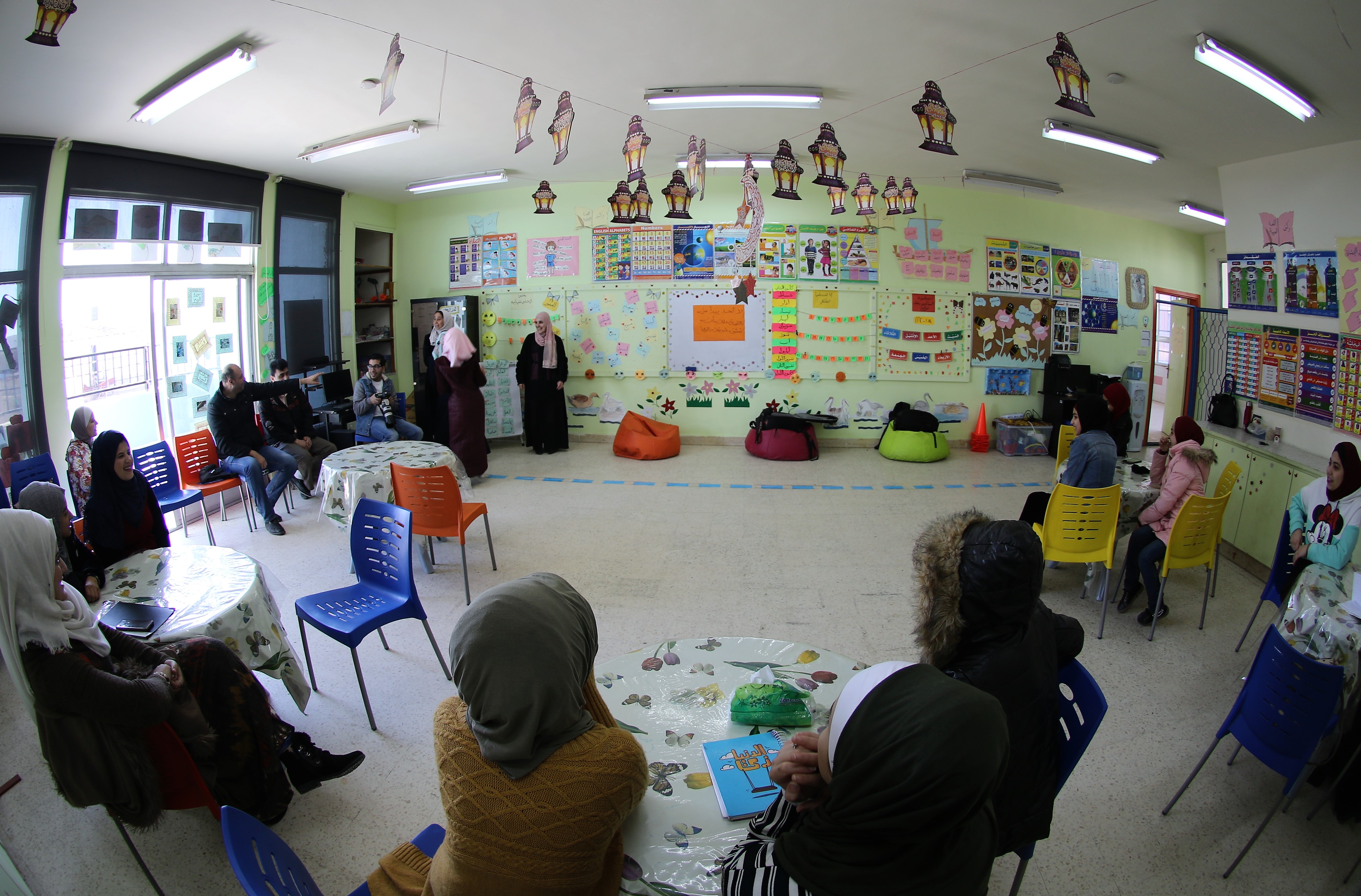It was his eyes. So sad. So suddenly.
They will never be the eyes of 14-year-old again. He aged years, sitting right there in front of his mother. “What?! A kid shot and killed 19 little kids in school? Why?! How on earth could anyone do that?”
Parents like to picture seedlings and greenhouses in our minds when we think of our kids. Greenhouses – safe spaces to grow roots and sprout leaves – readying seedlings for heat and cold, sun and rain. So when transplant time comes, they will thrive outside, away from protective, glasshouse care.
His “greenhouse” was filled with books, everywhere – on shelves, side tables, on the floor in corners. And a computer, strictly restricted to homework and “approved” video games – just what you would expect in a greenhouse.
His mother was the one to tell him about the 19 kids and 2 teachers killed in Uvalde, Texas. By some kid with a military assault rifle who is only 4 years older than he is. And that kids getting gunned-down in schools happens a lot. How to explain any of that to a 14-year-old, about to become 2 decades older in 2 minutes?
That 14-year-old is my grandson. And all those 19 kids in Uvalde are our kids. Every one of them who was shot dead there takes away a bit of me. A bit of all of us. It’s taken me a couple of weeks to process—and only then to be able to write about—about what happened. Because it’s all a bit too personal, too wrenching.
Gun violence has ground up my guts for 40 years now, from when I was a professor at the American University of Beirut. In 1982, I volunteered for triage in a pop-up dispensary during an invasion of the city and got to meet a 20-something mother who was later shot and killed in a massacre of Palestinian civilian refugees. She is the person, the “Last,” whose death and life are remembered in the phrase, Putting the Last First, imprinted on every piece of paper, card, report, and letter that Questscope writes.
Refugees are people who escape from violence and death by running from guns and bombs that target them for the kill. Not everyone makes the escape. But everyone wants to run from violence and death from guns. We in Questscope have received Iraqi youth, who ran from death. And Syrian youth, who ran from death. We have counseled young people, brutally harmed while someone held a gun to them.
How to look into the too-old eyes of a kid whose mother or father or sister or brother is not here, because of a gun? What to say to a young man sipping coffee with me whose jaws were wired together after part of his face was shot away as he ran from someone with a gun?
The grinding in my gut sometimes gets intense. And I start to feel lost, myself.
Except that I have not been lost. I have been saved. Let me tell you how.
Twenty years ago, Questscope was asked to build capacity in all the juvenile correctional centers where 6,000 youth were incarcerated in the Kingdom of Jordan. We decided to focus on changing one thing – how the “young offender” experienced The System.
We settled on doing one thing – to build personal mentoring relationships that each young human could trust in, rely on. Thousands of incarcerated youth “mentees” were each paired with a volunteer mentor. All of the 4,000 mentors were recruited, vetted, trained and supervised to accompany “their” mentees. These were extraordinary relationships. Mentors and mentees became friends. Mentors believed in their mentees, and mentees came to believe in themselves. Mentors listened deeply to deep stuff - joys and sorrows.
Mentors were extravagantly tender with those kids. They built “relationship greenhouses” for those youth – spaces where confidence and resilience grew for them to be able to handle outside weather. In a greenhouse, you get stronger. And you get some real friends whom you can really trust.
We wrapped lots of different metrics around activities, attitudes and actions to identify changes in mentees in those greenhouses. BUT we almost missed our greatest lesson – what was going on in those 4,000 mentors!
One day a tall young man with an immaculately trimmed beard stopped me for a conversation. “I once thought that I had to take up a gun to kill and to die to change this world. But after mentoring a kid who got in some trouble, I see that I can change the world by giving him a second chance in a relationship that saves us both!”
What holiness there is in second chances! What power in giving someone the mercy of a remake. Extravagant, unexpected tenderness. What a thing to be saved from being ground-up and crushed by gun violence.
It is way beyond time to stop gun violence. It is way beyond time to end the false belief that gun violence will create the kind of place that I, my children, my grandchildren, and my friends and neighbors want to live in. It is time to be aggressively, extravagantly tender. Merciful. Giving second chances. Because, when a gun fires, there are no second chances.
With hope,
Curt



